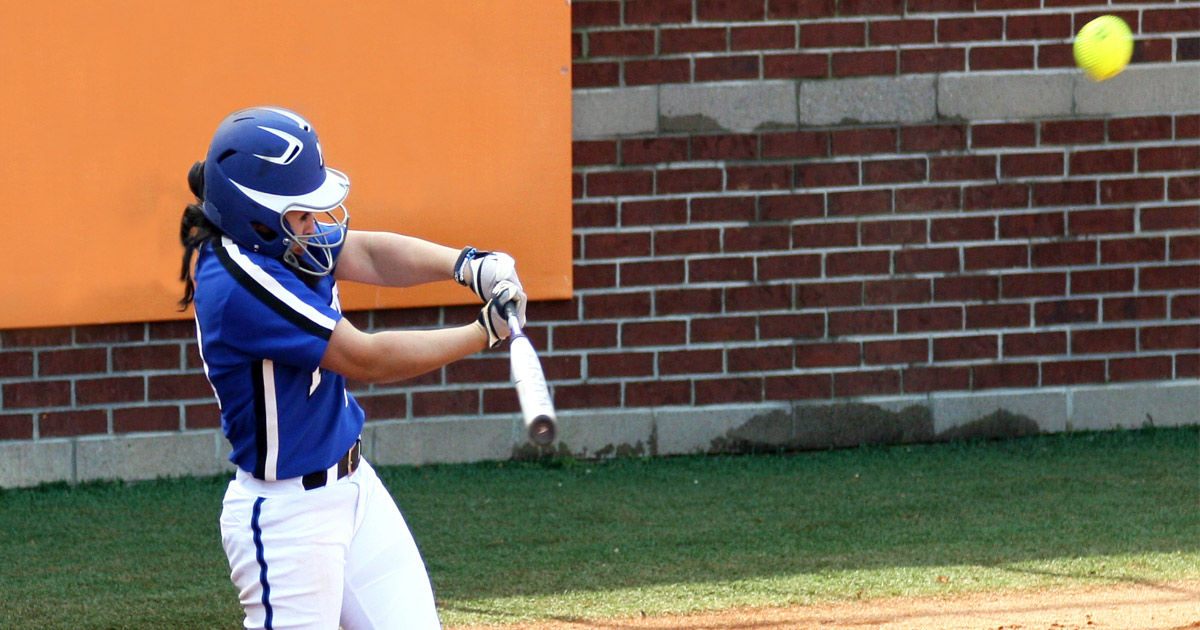By: Matthew J. Bilker, Esquire
If you are a sports enthusiast, this legal blog is for you!
Today, the United State Supreme Court decided to review a case appealed by the NCAA, and some of its member conferences, regarding rules that prohibit college athletes from getting paid.
For years, the NCAA has made billions of dollars on college athletics; and it is not just on sports, but on the athletes who play college sports. The Supreme Court will now review whether those same athletes should have the ability to be paid.
The NCAA believes that antitrust laws allow it to impose compensation restrictions on college athletes to promote competitive equity and to distinguish itself from professional sports. The plaintiff, a former college athlete, believes that the NCAA is misapplying antitrust law.
The Ninth Circuit Court of Appeals determined that the NCAA was, indeed, in violation of antitrust law. If the Supreme Court agrees, the rules and restrictions about compensation, and education-related benefits schools give (scholarships), are in for an overhaul.
If the Supreme Court affirms the lower court’s ruling, the member conferences, like the Big Ten or SEC, would still be able to limit benefits schools could provide, including compensation. However, they would not be able to act collectively. Thus, if the Big Ten chose not to allow their college athletes to be compensated, and the SEC chose to allow their college athletes to be compensated (let’s not kid ourselves – we know this will be the SEC’s decision), there would be an inherent competitive advantage to SEC athletic programs.
The case itself will not be argued until 2021, and a decision is expected before summer.

